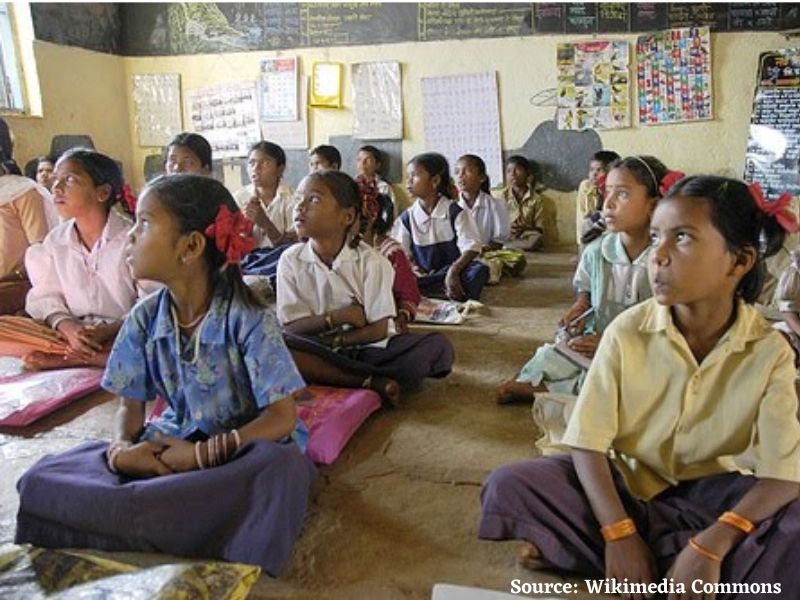The Ministry of Education, led by Union minister Ramesh Pokhriyal has drawn up a near 60-point action plan for reforming the schooling system in the country. It is in accordance with the recommendations made in the new National Education Policy, 2020 and will come into force in the 2022-23 academic session.
A twin examination format, exams in classes 3, 5 and 8, and a voluntary national-level entrance exam for all higher educational institutes are in the priority list.
The aim is to ‘demystify’ school education and reduce unnecessary burden, at the same ensuring improvement in learning levels, as per the education ministry.
The National Testing Agency (NTA) has been tasked with setting up a committee for review of all entrance exams for admissions to non-technical undergraduate courses as well design a standard entrance exam ‘as an option’. The idea is not to make the exam a mandatory one but one that higher education institutions (HEIs) may undertake voluntarily, according to official sources.
In line with the recommendations made in NEP, various steps will be taken by the 2022-23 academic session “to reduce the burden of exams at all levels”. Central Board of Secondary Education (CBSE), National Council for Education Research and Training (NCERT) and the National Institute of Open Schooling (NIOS) have been tasked with the same.
Both CBSE and NIOS are to shift to a system of holding two kinds of exams, one objective type and another subjective type by 2022-23 academic session. CBSE will prepare assessment patterns for both formative and summative assessments and evaluation procedures for elementary education for implementation in the 2022-23 academic session. For the examinations of classes 3, 5 and 8 that will be introduced as recommended in NEP – a system of analysing anonymised samples shall be developed by CBSE and Kendriya Vidyalaya Sangathan that runs the chain of central schools and Jawahar Navodaya Vidyalayas.
Meanwhile, NCERT has been asked to develop a three-months-long, play-based school preparation module for grade 1 students to make them school ready. In order to arrest the decline in learning levels, NCERT will make changes in the learning outcomes for all grades, from pre-primary to grade 12, to meet the requirements of NEP 2020.
Item banks for classes 1 to 5 related to the measurement or achievement of each learning outcomes (at least 500 items per grade) will be developed by NCERT. Infographics, posters, and bite-sized films will also be developed by NCERT separately on each learning outcome to ‘demystify’ them to stakeholders.
Within the next three months, the education ministry will launch the Foundational Literacy and Numeracy (FL&N) programme in all states and union territories with year-wise national targets to be achieved by 2025-26, as per sources.
Read: Impact of NEP 2020 on early childhood education
Also read: UGC seeks suggestions on implementation of NEP 2020 from teachers
Also read: Amartya Sen on NEP: No strong push for public schooling in India
